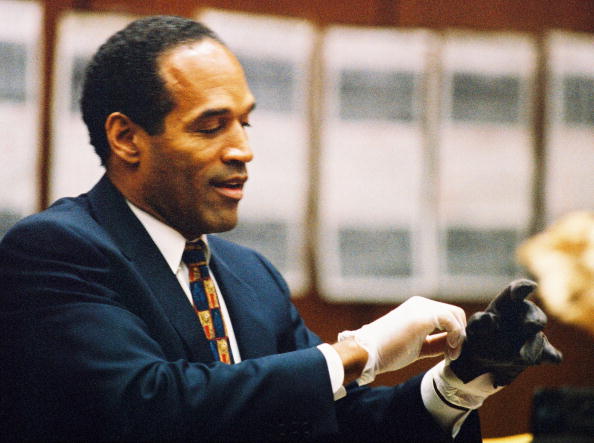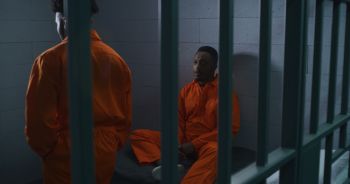Gifted and talented programs at schools offer high achieving students additional opportunities to excel, but recent studies show that Black students are 66 percent less likely to be admitted to gifted programs than White students with equal academic achievement scores.
Latino students’ odds are 47 percent lower compared to White students. For Asian students, however, the odds of assignment into a gifted and talented program are 44 percent higher than for White students, the report states.
There are a number of contributing factors along with the students’ race, such as family income and the race of the teacher recommending the student to the programs.
ThinkProgress.org stated:
“Low-income students, black and Latino students, and English language learners have a few barriers that make it harder for them to get into gifted classes. For example, the IQ tests required to gain entry focus a lot on vocabulary, which is harder for students whose families haven’t fully learned English, aren’t using complex sentences, or use a different vernacular. If you’re a black or Latino student, racial bias may prevent teachers from noticing your intelligence and recommending you for testing.”
Jose Vilson, a middle school math educator in NY and author of This Is Not A Test: A New Narrative On Race, Class And The Future Of Education, joined Roland Martin on NewsOne Now to discuss how gifted and talented programs reinforce class and racial inequalities.
Vilson explained, “When you look carefully at the numbers, not only are students not being admitted in these gifted and talented programs, you are also seeing the decimation of the Black and Brown teaching population across the board.”
“Teachers of color will more likely recommend students of color to gifted and talented programs because we can see beyond some of the cultural norms of what it means to be gifted and talented and really look at their academic prowess,” he added.
ThinkProgress.org also reported:
“Gifted and talented classes are controversial because they easily represent the epitome of educational inequality. By their very nature, they require setting some students apart as more likely to succeed, and in doing so, all but guarantee that those students will do better than those in regular tracks. But on top of this, critics argue that these classes reinforce race and class opportunity gaps, due to problems such as teacher bias against students of color and wealthy and upper middle class — often white — parents having the ability to game the system in favor of their child.”
Vilson believes parents need to start preparing their children at an early age to compete for access to gifted and talented schools: “A lot of our parents don’t have the agency within the schools to say, ‘Hey, look at my student for the student that they are, look at their intellect, look at their academic prowess.””
Vilson questioned if there are enough educators in our school systems who are “culturally competent” and are able to deal with the problems plaguing children of color in America’s educational system.
Later during the conversation, Vilson explained how “cultural signifiers” play a major role in freezing children of color out of gifted and talented schools.
He explained that being considered gifted and talented revolves around “euro-centric norms,” where educators may say minority students are standing up too much, talking too much, are too loud and too brash, instead of saying, “Wow, the student might actually have something to say.”
Watch Roland Martin, Jose Vilson, and the NewsOne Now panel discuss how gifted/talented schools are reinforcing class and race inequities in the video clip above.
Subscribe to the “NewsOne Now” Audio Podcast on iTunes.
SEE ALSO:
How To Stop The Criminalization Of Black Girls In Our Schools
















